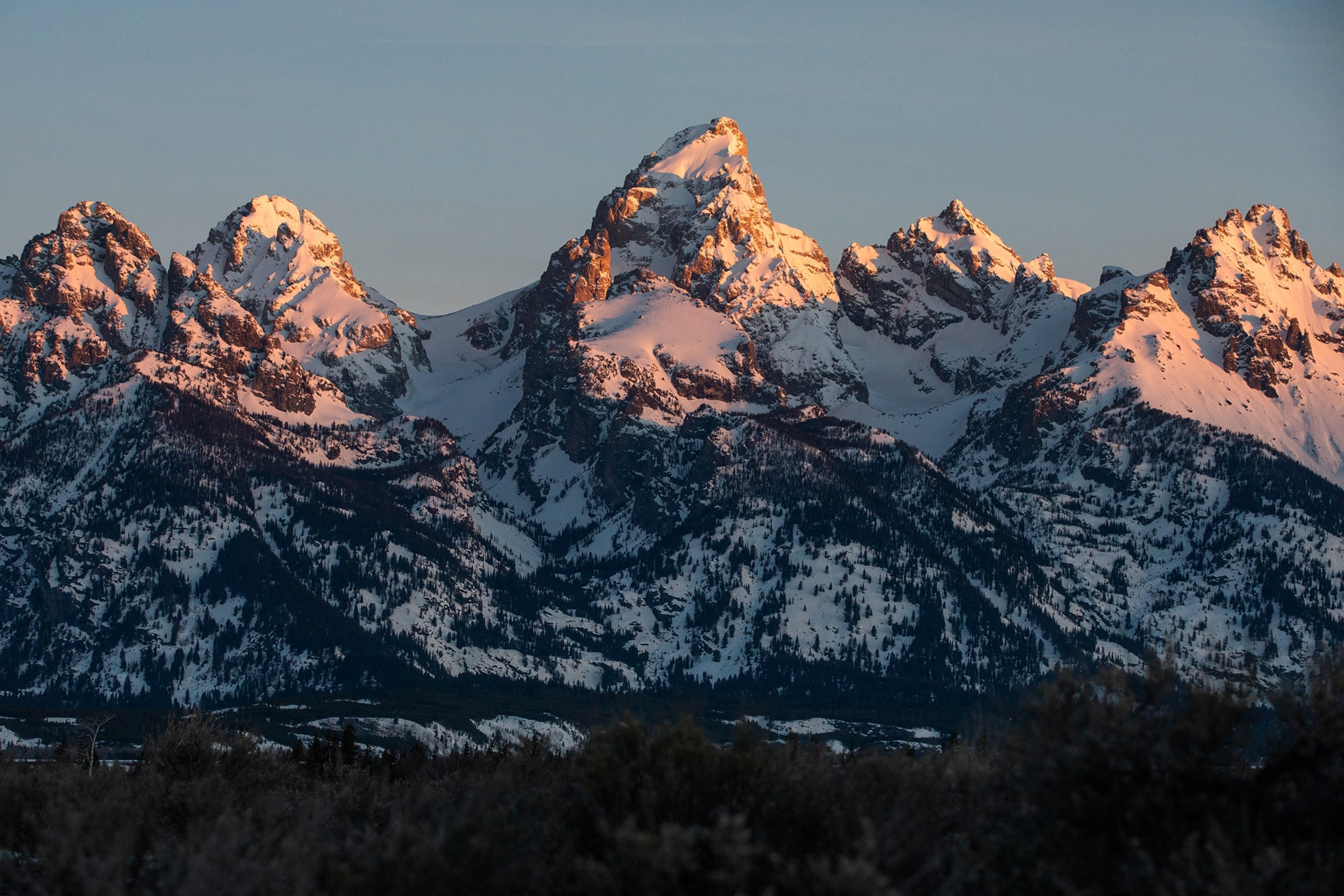
Can this Wyoming town save its summer tourism season?
Grand Teton and Yellowstone National Parks are shuttered. Millions of tourism dollars are on the line. Here’s how local communities are coping.
The town square in Jackson, Wyoming, is quiet. That’s not unusual during the sleepy spring “mud season” when locals usually head out of town, taking a break before the influx of summer tourists. But this year’s quiet is different. Many of the town’s 10,400 residents are here, but staying home. And there’s one question on everyone’s mind: Can the summer tourist season be salvaged?
Tourism is the community’s lifeblood, but no one knows what to expect this year. Teton County—which encompasses the valley of Jackson Hole, towns including Jackson, and Grand Teton National Park as well as a major chunk of Yellowstone National Park—brought in over a billion dollars of tourism revenue last year. Many of these tourists come for the national parks. In 2019, Grand Teton and Yellowstone received 3.4 million and 4 million recreational visitors, respectively, placing them among the most popular U.S. national parks. Over three-quarters of those visitors came from June through September.

Now both parks are currently closed indefinitely—and they’re anticipating significant service reductions even after they reopen.
Park concessionaires have already announced they aren’t planning on opening Yellowstone’s Old Faithful Inn this summer, nor Grand Teton’s Jenny Lake and Jackson Lake Lodges (though that could change). Yellowstone concessionaire Xanterra Parks & Resorts slashed its summer lodging workforce from a typical 3,500 to a bare-bones crew of 800. One gas station and convenience store in Grand Teton is currently planning on opening in late May, and some Yellowstone facilities are scheduled to open in mid-June. The only thing that’s certain? This summer will look very different from any season that’s come before.
(Related: Here’s what would change if national parks became privatized.)
Life on the ground
Just south of the parks, Jacksonites anxiously eye the calendar, wondering when and how businesses can reopen safely. Will employees feel safe enough to return to work? Will visitors feel safe enough to come on vacation—and can they afford to? Revenue has plunged for small businesspeople in Jackson, including Eric and Zarina Sakai, who own The Phoenix and the Dragon restaurant. Since the pandemic began, they’ve seen their revenue drop 75 percent. “It progressively gets worse as the days go on,” Eric Sakai says.
They’ve transitioned to contact-free curbside pickup, but demand is low. “When everybody is out of work, it’s just harder for businesses that are open as well because no one has money,” Sakai says. “No one has disposable income to go out and really support the local businesses.” His restaurant is preparing for “pretty much a non-existent summer.” Which is problematic in a community so dependent on summer visitors.
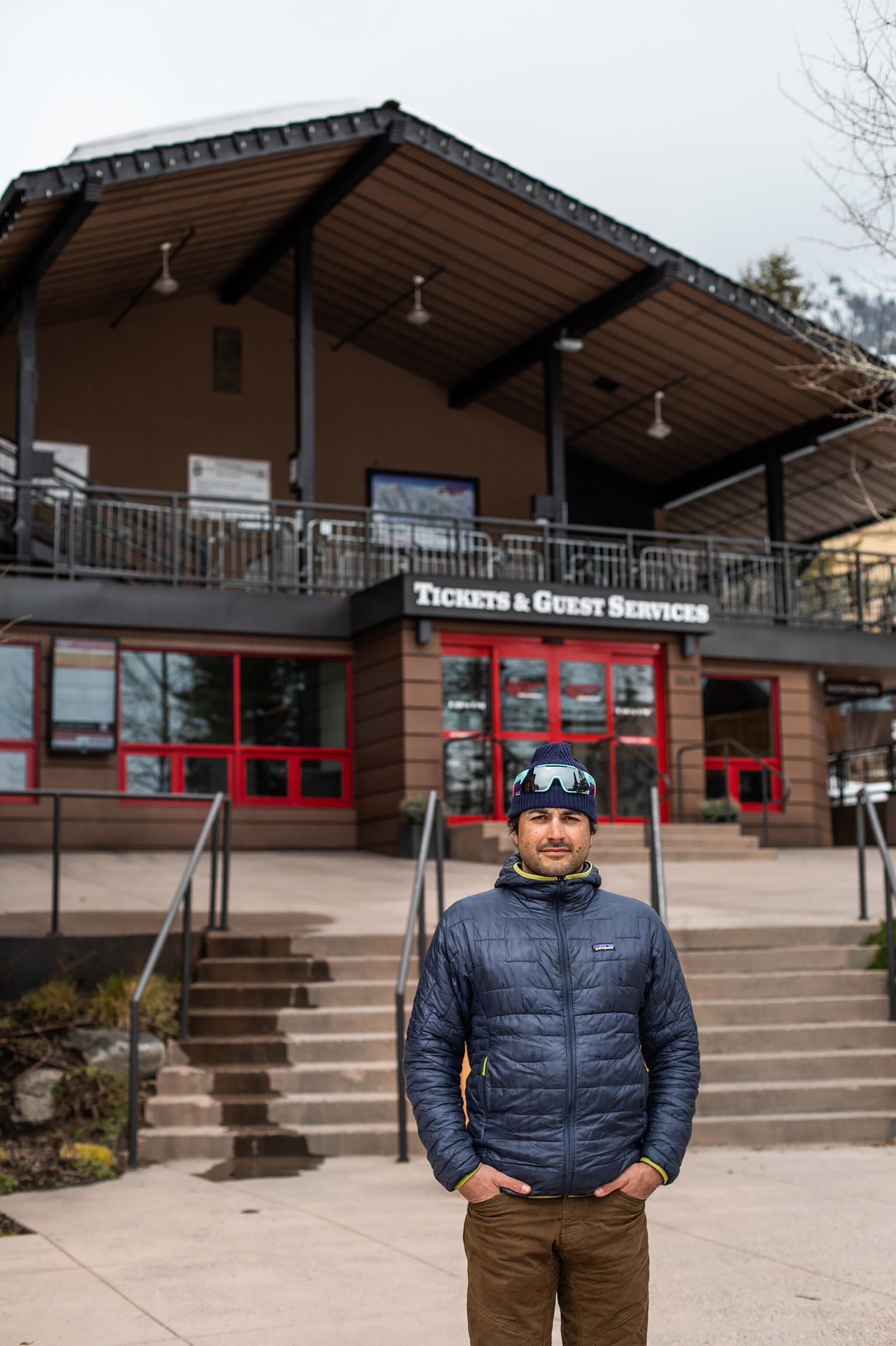
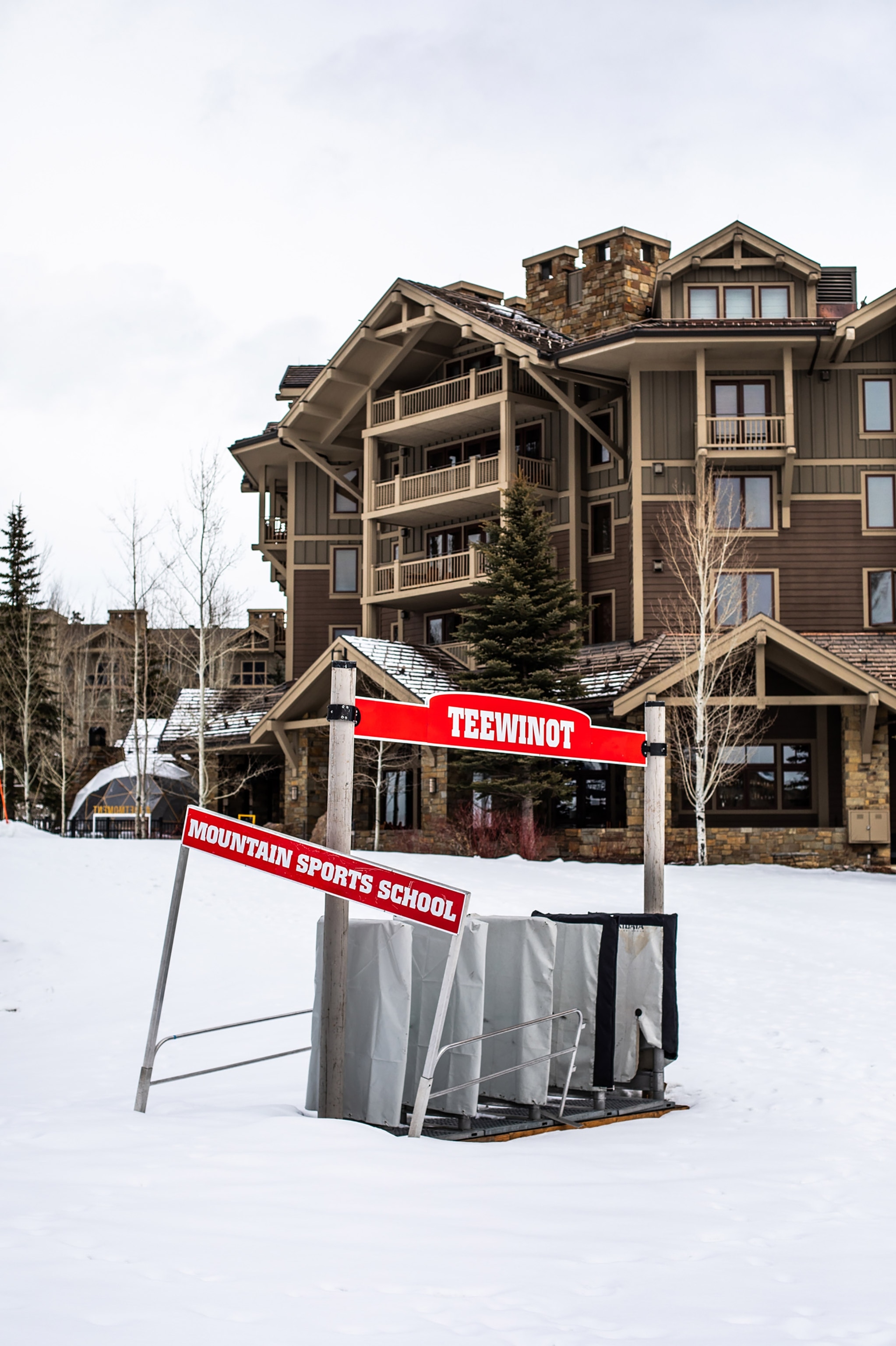
“The summer season here in Jackson is really like your bread and butter,” Sakai says; it’s what “carries you for the rest of the year.”
Hailey Morton Levinson is vice mayor of Jackson, and her family’s bed and breakfast, Inn on the Creek, is currently closed. She says every time a new public health or government order is put into place or the national parks push back their opening plans, her business receives “a slew of cancellations.” She says summer makes up 70 percent of their revenue. “I’m an optimist,” she says. “If we’re able to make it through the year and just break even, that would be a win.”
Some hotels and storefronts are shuttered. But life goes on at the six-generation, family-owned Lockhart Cattle Company. It’s calving season. Though many of the hotels and restaurants that buy meat from Chase Lockhart currently aren’t placing orders, he has 1,000 animals to tend to and endless work to do. “You can’t really take a break or take time off because of this pandemic,” Lockhart says.
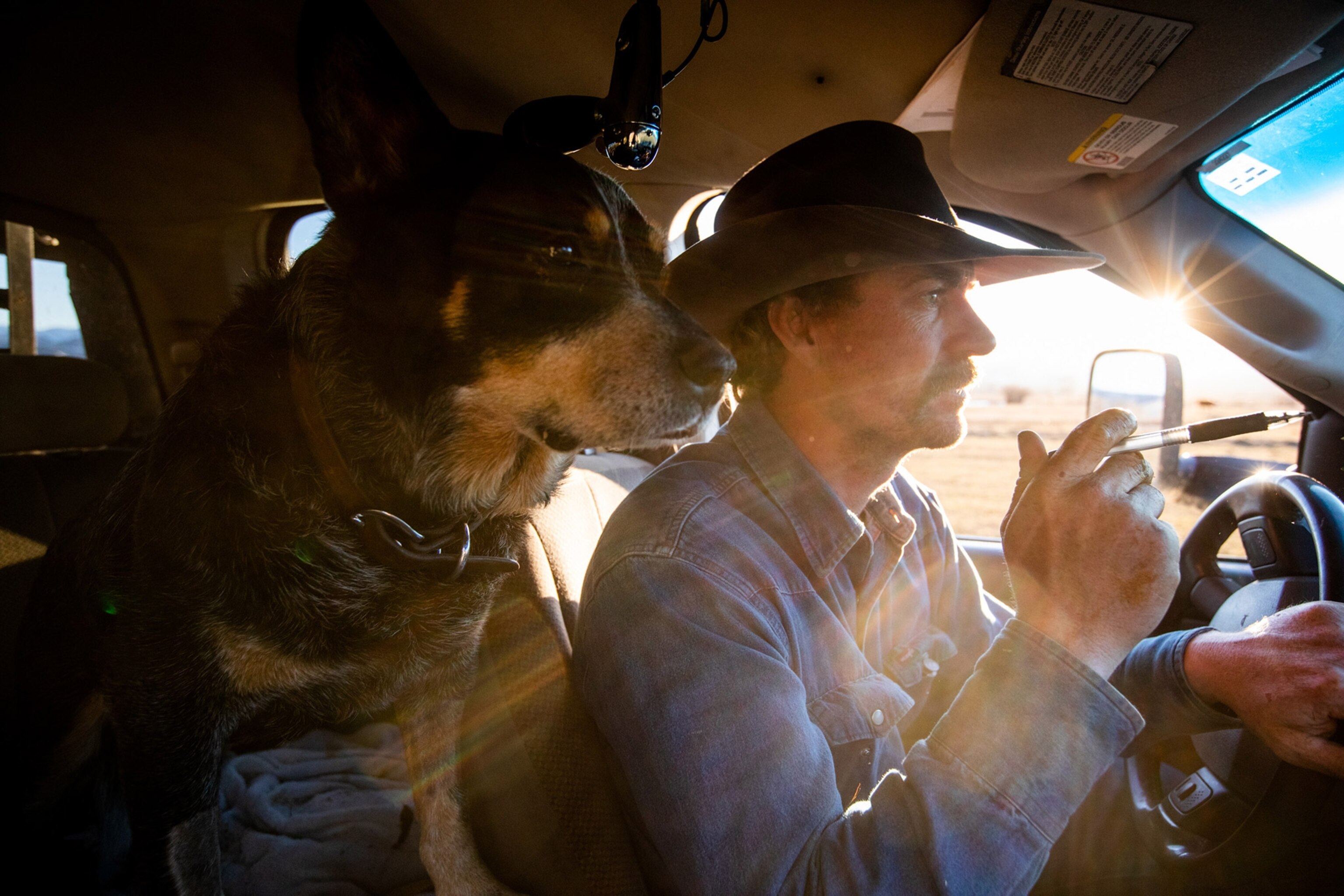
Lockhart and his coworkers are doing their best to stay healthy, though practices like social distancing and disinfecting aren’t all that compatible with ranch life. “Ranches are dirty—they just are,” Lockhart says. “It’s tough. When you need help pulling a calf or something like that, you can’t be 6 feet apart, away from your coworker.”
(Related: Meet the essential workers on the front lines of America’s pandemic response.)
Seasonal workers face many uncertainties. Paul Angiolillo was laid off from his winter job in the ticketing office at Jackson Hole Mountain Resort over a month early, and he’s waiting to see what will happen with his summer job at a fly-fishing shop. He’s grateful for government benefits. “If it wasn’t for unemployment and all the government stimulus and everything, other things would be looking pretty terrible right now,” Angiolillo says.
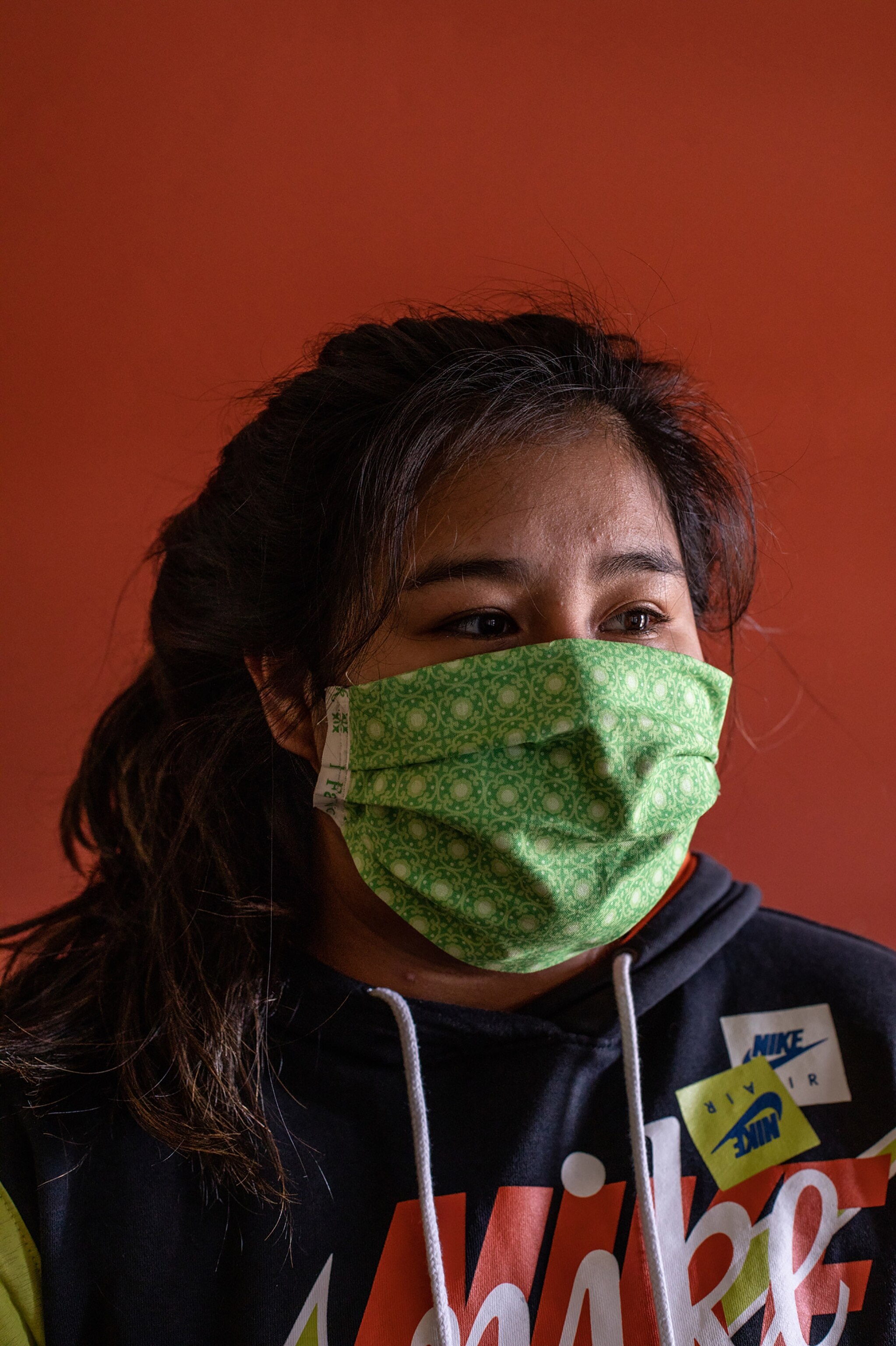

A community rallies
While some Jacksonites face unemployment and no income, many are working to help the community. The nonprofit Spread the Love Commission has distributed over 2,000 “health and hygiene” packets in Teton County—where Jackson is located—and on the Wind River Reservation to the east. Jackson’s recreation center also recently opened its showers for those who need them, and Spread the Love Commission is putting together shower kits to use there.
“Right now, people need running water and hygiene,” says Wren Fialka, founder and executive director of Spread the Love Commission. “The hygiene is imperative.”
Locals are also banding together to support local businesses through an effort called The Hole Quarantine. The effort pools donations to purchase meals, gift cards, and more from local businesses, providing these items to healthcare workers, first responders, and people in need. As of April 28, organizer Meagan Murtagh says the group has received 470 donations totaling $51,700.
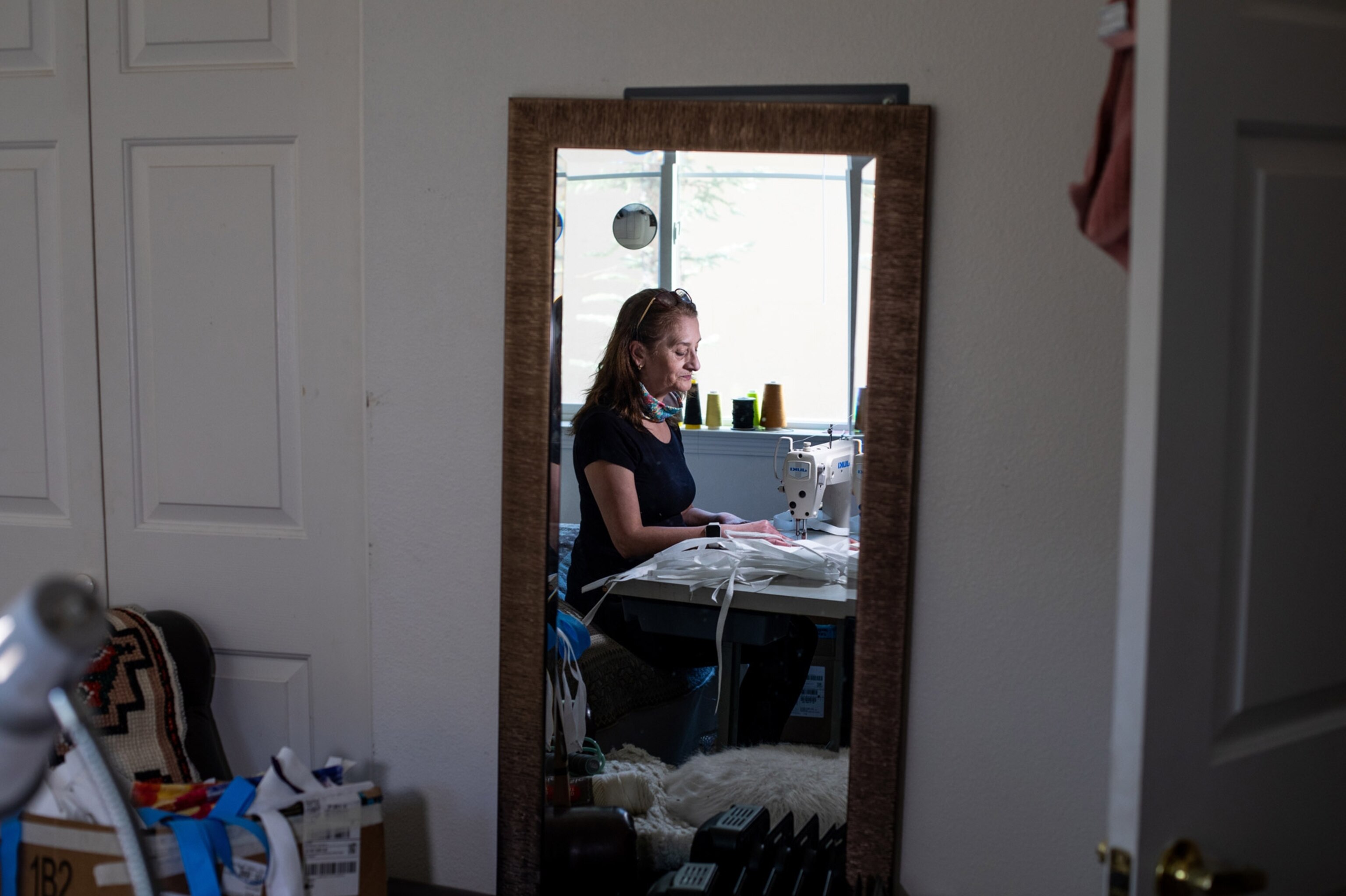
Volunteers are also donating their time making lifesaving equipment. Carmen Gloria Rodríguez Sanzana, a seamstress at Blue Spruce Cleaners, still has a job and benefits, but she isn’t getting a lot of work these days. She worries about her family and finances. But she’s sewing much-needed face masks—so far producing nearly 1,500 for the hospital, 85 for a long-term-care facility, and 600 more for community members.
“The pandemic is a team effort to fight against it. Everybody should be doing something. Not just healthcare providers, everyone,” Sanzana says.
(Related: Here’s what you should know about DIY masks and ventilators.)
Corey Milligan, owner of New West Knifeworks, began the We Are Jackson Hole campaign to encourage people to practice social distancing and good hygiene. His company also joined forces with Grand Teton Distillery to produce and distribute over 350 gallons of hand sanitizer in bottles and refill stations. They received an initial $25,000 in private donations for the project, and have raised an additional $12,000 to continue production until commercial sanitizer becomes available.
Looking ahead
When Jackson does ultimately reopen, it will be a gradual process, says mayor Pete Muldoon. “We’re not flipping a light switch on here.”
He points out that the situation is quite different from the recession over a decade ago, which affected the community more gradually and gave people time to prepare. “With [the pandemic], it was almost [like] people went to bed one night and the world was normal, and the next day it was completely different,” Muldoon says. “So I think that it’s a much more kind of traumatic change for people.”

Jackson—and Teton County—are also preparing for budget cuts, since a large percentage of general operating revenue comes from sales and lodging taxes. Tourism generated $65 million in state and local taxes in 2018, says the Jackson Hole Travel & Tourism Board’s annual report. Tellingly, the report also states that that year’s 3 percent unemployment rate would have surged to 30 percent without the jobs provided by tourism.
A significant slowdown in tourism will ripple throughout the community. While not every visitor to Jackson Hole comes to see the national parks, many do, and if people stay home this summer, their absence will be felt acutely.
“I don’t think even the most conservative, cautious businessperson would have ever predicted [it],” says Jonathan Schechter, a Jackson Town Council member. “You put away money for a rainy day, but nobody predicts the spigot is just going to turn off. That’s basically what happened to so many different businesses.”
